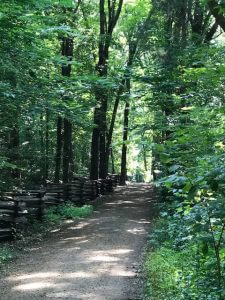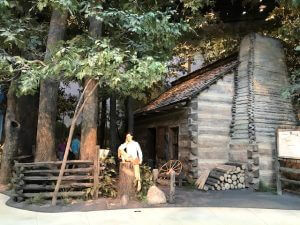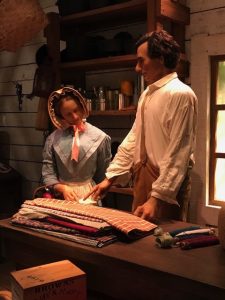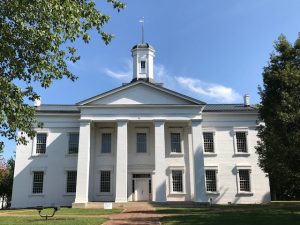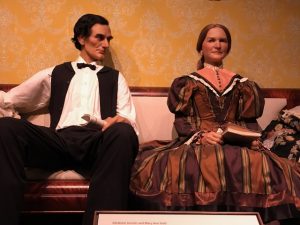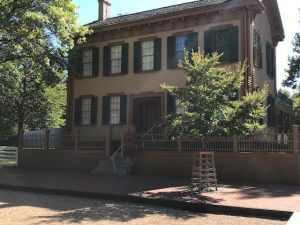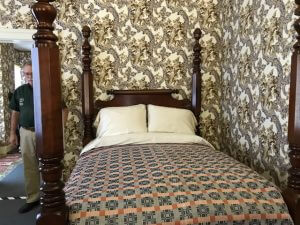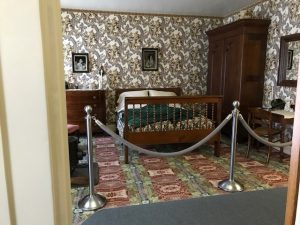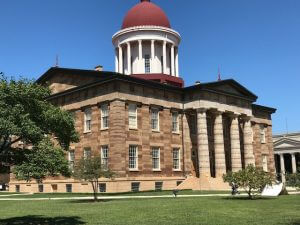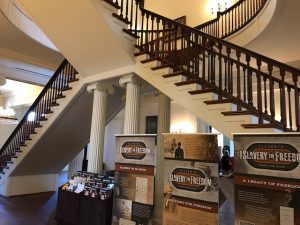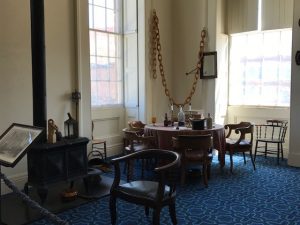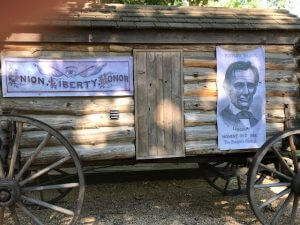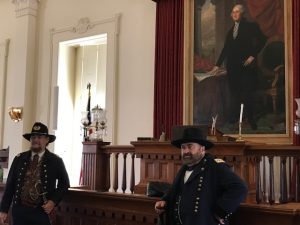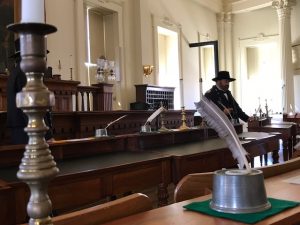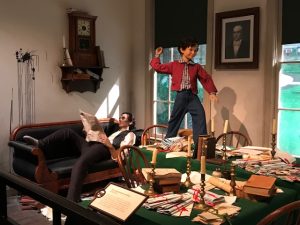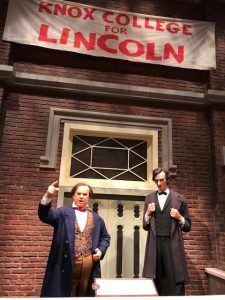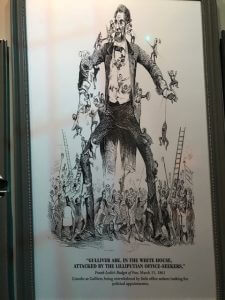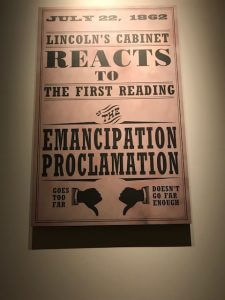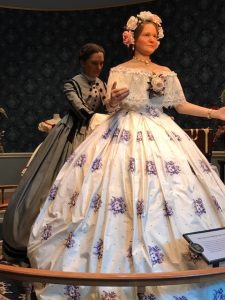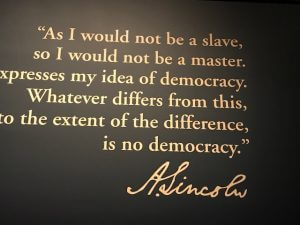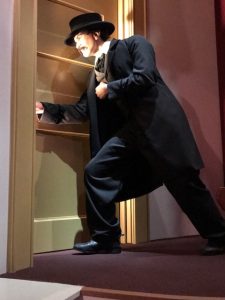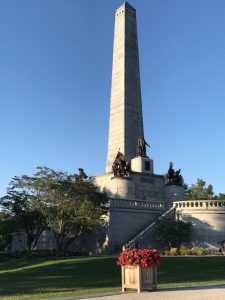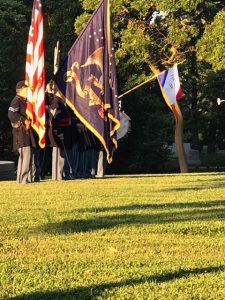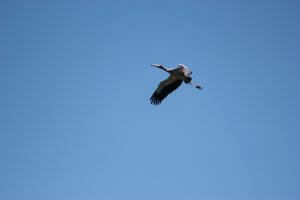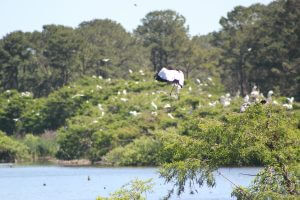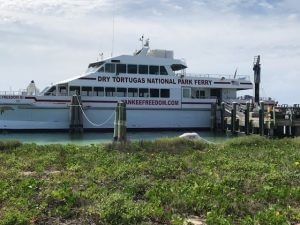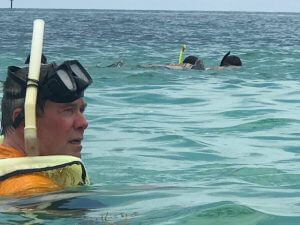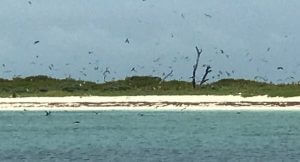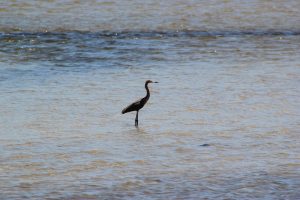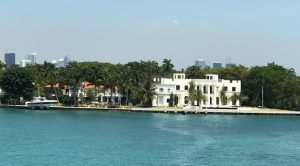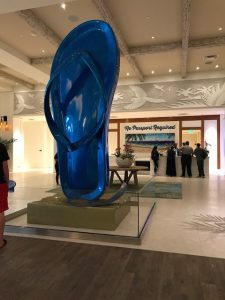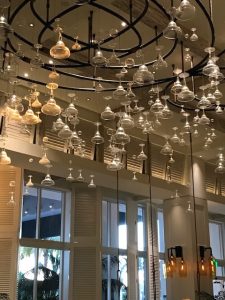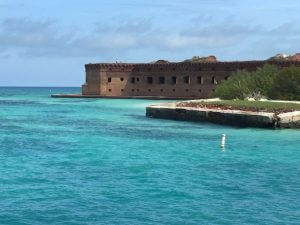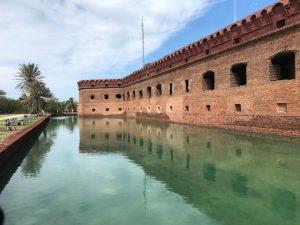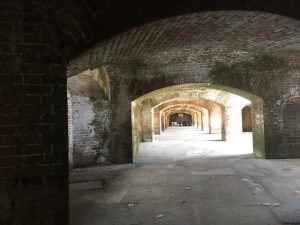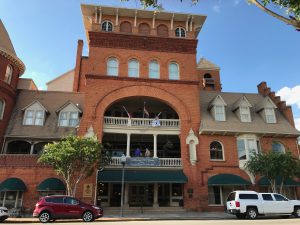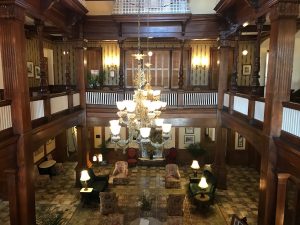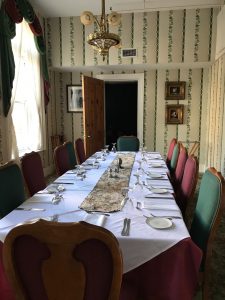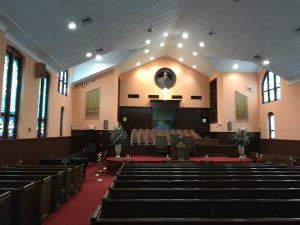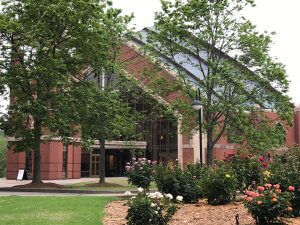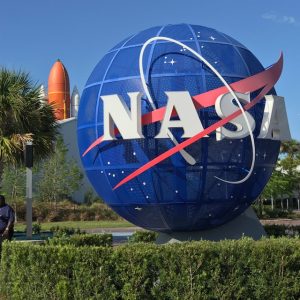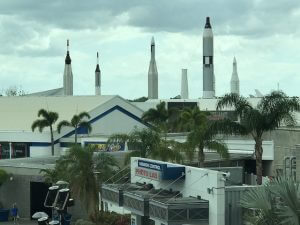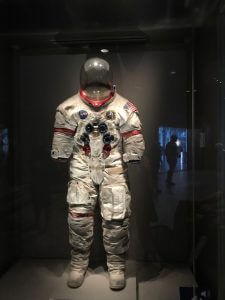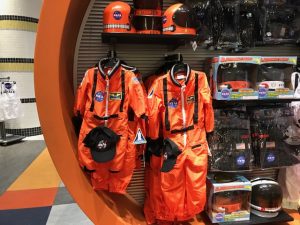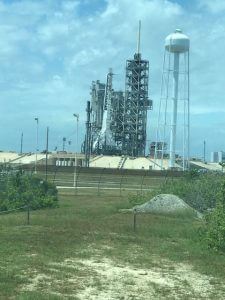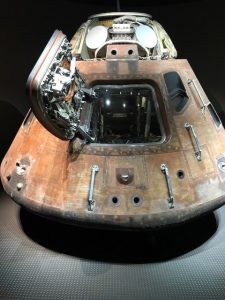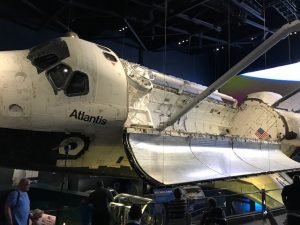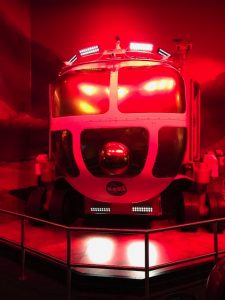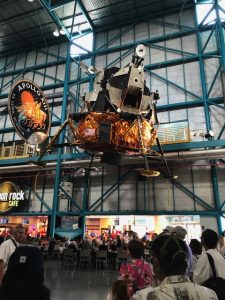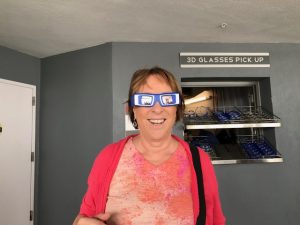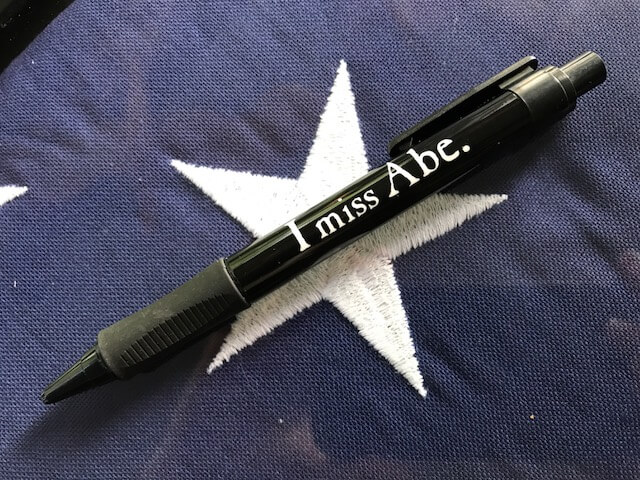
I MISS ABE
Two weeks ago our current president talked about what it means to “be presidential” and compared himself to the “late, great Abraham Lincoln.” “Hmm,” I said to myself. “Gotta check this out.”
So, here I am on the Lincoln Heritage Trail, where historical sites, tours, and re-enactments reveal what it means to be presidential.
Lincoln was born into humble circumstances. If I had time to visit Kentucky, I could show you how vague property laws caused constant law suits, which forced Thomas Lincoln to move. Instead, I’ll skip ahead eight years to when the family of four arrived on the Indiana frontier.
Thomas and eight-year-old Abe had to chop their way to their new 100-acre farm.
In Indiana, hard work forged Abe’s personality and character. In his “spare time,” he read voraciously, which allowed him to self-educate when he couldn’t attend school.
Industrious, he found several means to make money, including rowing passengers to the middle of the river to meet steam boats. A ferry company sued him at the tender age of 16. He won. Thus began his interest in the law.
He also tried his hand at shop keeping, where he earned the nickname “Honest Abe” because a woman overpaid him by a few cents, and he walked a long way to correct the error.
In the militia during the Black Hawk wars, Lincoln’s men voted him to the rank of captain.
Arriving in Illinois at age 21, Lincoln became a lawyer and served in the State House of Representatives when the capital was in Vandalia.
Here he showed his compassion with his first public statement on slavery in 1837. Yes at the young age of 28 he spoke out against racism and bigotry. By this time, he also served on the court.
Lincoln campaigned to move the capital to Springfield.
When considering his candidacy, the Republican Party sent an artist to sketch the house, inside and out, to see if he had enough class to be president.
The highlight of the Lincoln Trail is the Presidential Museum. It walks visitors through his incredible life, and highlights his strength of character.
Despite vast legal and political experience, criticism wore him down. No one was ever satisfied. His actions either went too far or not far enough.
This is portrayed most painfully in the exhibit on the Emancipation Proclamation. As you walk down a hall of hanging glass panels, special effects cast ghostly faces, which hurl a barrage of complaints and insults at you as if you were Lincoln. Makes you want to turn and run. Glad he had the courage and fortitude to stand firm.
In private, he grew morose. In public, he took the high road, often responding with self-deprecation or humor.
Mary did not have such survival skills, and suffered even more. In Springfield, she was quite popular, throwing parties for 100 in her living room. Yet in Washington, she had rivals, particularly Mrs. Seward.
In public she was showy and elegant.
In private, she remained in bed for days.
Despite the hardships, Lincoln’s integrity kept him true to his core values.
Frederick Douglass, often disagreed with Lincoln, yet still appreciated the burden of his mission. On the whole, he believed, no one else could have done what Lincoln did.
He was a great humanitarian.
Even after the Civil War, hatred continued.
With Lincoln’s body laid to rest at the Old Capitol, Edwin Stanton, the Secretary of War, pronounced him “A man for the ages.”
So that’s what I learned this week. Now I ask you: will our current president become a man for the ages?
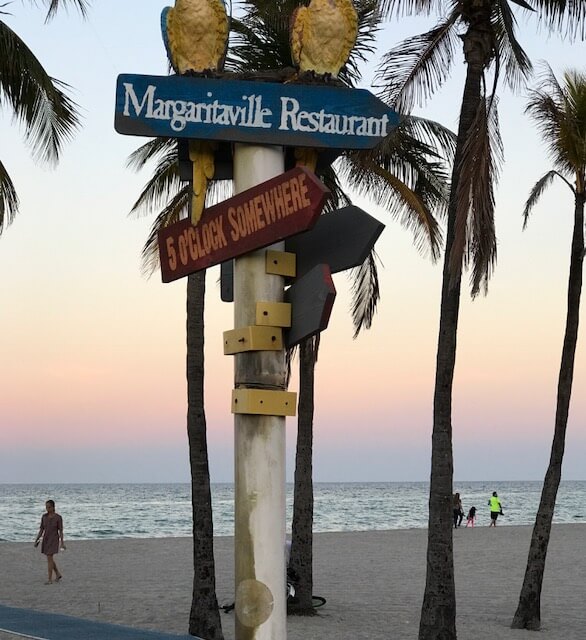
The Surprising Southeast
Haven’t been to the Southeast for twenty-five years. This April/May it was time to go back.
When you think about the Southeast your mind conjures up beautiful beaches: Ft. Lauderdale, Daytona, “Where the Boys Are.” You’ve been there. I’ll get to the beaches in Part Two. First I want to talk about the surprises we found driving south from Savannah to Key West and beyond, then cutting across the Everglades to drive north along the Gulf Coast.
Birds
Harris Neck Wildlife Refuge
Birders are always on a quest for firsts. Harris Neck Wildlife Refuge did not disappoint. Just south of Savannah we made an unplanned stop at this small reserve. Lucky, too. The wood stork rookery was in full production with hundreds of couples raising their newborn chicks.
But the best first was the painted bunting. An incredibly beautiful songbird, endangered because of illegal trade and habitat loss.
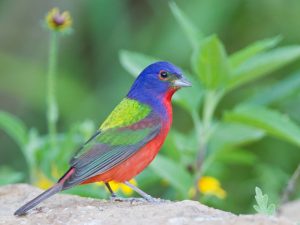
“Painted Bunting” by Dan Pancamo
Canaveral National Seashore
Cape Canaveral is not just for space travel. Along the road look for roseated spoonbills, egrets, herons, and alligators. And along the water, look for Grills Seafood Restaurant. Sit and watch the pelicans diving for fish while you dive into yours.
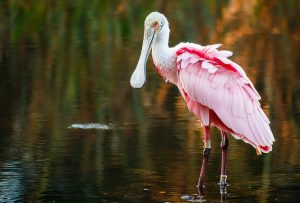
“Roseate Spoonbill” by Holmes Palacios
The Dry Tortugas National Park
This set of islands, dry with no fresh water available, is a seventy-mile boat trip west of Key West, and was the goal and highlight of our trip. Transportation to this The National Park is available through a contractor and includes two meals.
The snorkeling was incredible—especially for me in my new, one-piece snorkel mask. Unfortunately, my underwater camera case didn’t work.
The island is also a bird sanctuary for frigates, sooty terns, noddy terns, and blue-footed boobies. Bush Key was so crowded with birds, it needed air traffic control.
Sanibel Island
On the way north we stopped at J.N. “Ding” Darling Wildlife Refuge, where I saw my first reddish egret.
Water Ways
On the first night of our trip, we visited friends east of Savannah and did a sunset cruise through the marshes near Tybee Island. With hors d’oeuvres and wine, we watched dolphins leap, herons wade, and pelicans swoop, as we putted past beautiful homes and rows of docks.
The Intercoastal Waterway only gets more beautiful, the homes more exclusive as you approach Miami. If you’re not visiting friends with a yacht, take a water taxi ride from Ft. Lauderdale or Hollywood.
Stop at a restaurant on the water’s edge, like Billy’s Stone Crab in Hollywood. Go in the spring for Stone Crab season—your taste buds will thank you. And if you’re lucky, you’ll also see a manatee flap his huge tail as he cruises by. (Too quickly for a photo.)
If you’re up for strolling the beach in the evening, stop outside Jimmy Buffet’s Margaritaville Hotel in Hollywood for live and lively entertainment in the band shell. (Check out the lobby, too. It’s a blast.)
History Surprises
Dry Tortugas
Fort Jefferson, a sturdy outpost built on the Dry Tortugas during the War of 1812, ended up holding the Lincoln conspirators. You can see Dr. Mudd’s cell. (Did your mother every say to you, “Your name is Mudd”?)
Georgia
In Plains, the Jimmy Carter Museum in his old schoolhouse features a quote from his teacher, Miss Julia Coleman, that inspired him his whole life.
“We must adjust to changing times and still hold to unchanging principles.”
The closest big city to Plains, Americus, Georgia, is charming. We went to the vintage Windsor Hotel, circa 1892.
Not only was the meal great with a pork chop stuffed with cream cheese and cherries, but we walked through the historical Lindbergh dining room. Named because in 1923 Charles Lindbergh flew his first solo flight from Americus.
Before flying out of Atlanta, we visited the Martin Luther King sites.
If you have mind to attend the Ebenezer Baptist Church, make sure you dress for it. These parishioners give a new, elevated, meaning to “Sunday Best.”
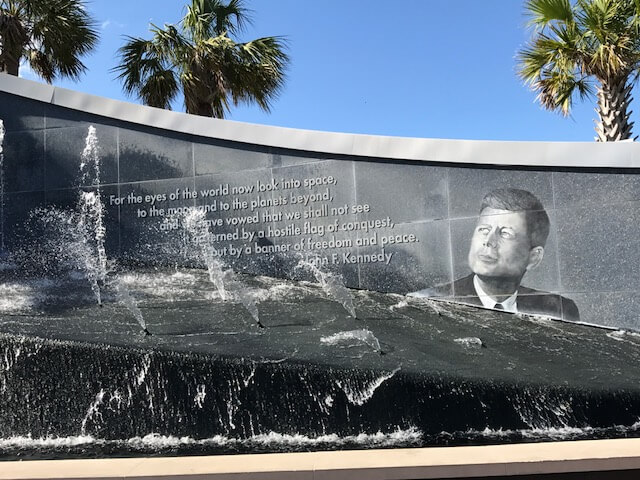
KENNEDY SPACE CENTER: NOTHING IS IMPOSSIBLE
Stephen Hawking once said that humans have 1,000 years left on earth. This week, he changed that number to 100. Shocking, I know.
On my visit to The Kennedy Space Center last Friday, I learned that scientists who agree on earth’s limited future see escaping to Mars as an option for survival. And they’re working on it.
That whole issue got me thinking. Which is the purpose of this incredible educational complex. The KSC strives to perpetuate our existence through faith in American know-how and problem-solving.
A Look at the Past
I was lukewarm about visiting Cape Canaveral because I lived through the space race. I already knew the history, right? Shepard, Armstrong, Glenn …
Yet, in thinking about the past, I was shocked to realize that too soon there will be no one left alive who walked on the moon.
The Future Trajectory
The KSC looks as much to the future as it does the past. I learned that research on Mars as a place of future habitation has moved way beyond the realm of science fiction. If you read or watched “Martian,” you saw the kind of ingenuity required for survival. Who knows that stuff? To begin with, the author, Andy Weir, as well as modern scientists. Geniuses.
And speaking of genius, when you go to the KSC, prepare yourself to be blown away by other technologies, including pictures from the Hubble Telescope. Incredible!
On its website called Spinoff, NASA discusses over 2,000 technologies invented to solve space travel problems, products which have crossed over to benefit us on earth, from Velcro to computers to Pampers. Those who thought space exploration was a waste of money—like those who cut the budget—should go to this site to see if they could live without NASA spinoffs.
Cooperation on Mars
Though NASA is not currently launching spacecraft, it hopes to eventually partner with Elon Musk and his company, SpaceX, which, along with other companies like Boeing and Lockheed Martin, lease facilities at the Kennedy Space Center. In the meantime, the US partners with Russia, paying them $80 million a pop for each American astronaut traveling to the Space Station for research.
What drives Elon Musk and his Mars research is the need to preserve the human race. “By producing clean energy, recycling water and waste, and implementing other green solutions, we will work towards real sustainability.” The next SpaceX mission—on May 15—will not go to Mars. It will launch a global communications satellite built by Boeing.
Here’s the biggest revelation. The astronauts who will eventually lead missions to Mars—called deep space explorations—are in middle and high school right now. They don’t even know who they are. Yet we’re depending on them already.
A One-Day Visit
Seeing the Kennedy Space Center Visitor Complex requires a full day. An excellent two-hour bus tour takes you around Cape Canaveral and shows you all the problems that were solved for issues like transporting a rocket just a few miles to the launch pad, preventing fires, tamping the ear-splitting volume of lift-off noise, or keeping alligators off the launch site.
You can see a set of very moving IMAX videos about the development of the space shuttle. (You’ll get a kick out of the creative ending.) In the late sixties NASA wanted a reusable capsule that didn’t splash into the sea.
Of course they figured it out.
NASA intended to use the space shuttle for ten years; it lasted twenty-six. I witnessed the NASA jet flying (piggy-back style) the Space Shuttle Atlantis to its final landing place. At that moment, I wanted to jump out of my car and put my hand over my heart.
Back at the visitor center is a full exhibit on getting ready for Mars, including a display on the evolution of space exploration vehicles to maneuver planetary surfaces.
Don’t miss the incredible 1969 moon landing presentation (“a video with a technology twist”). It shows the footage of the near miss we never knew about. The “twist” will stun you with its creativity.
Each unique presentation underlines NASA’s main message: everything is possible in space and in the movies.
My Paradigm Shift
Growing up, I was filled with a spirt of hope, much of it due to NASA. But, Houston, we now have a problem. The American spirt seems overcome by doubt and contentiousness. We need to abort our negativity and take stock of America’s brilliant scientific innovations, accomplished through education, perseverance, courage, and faith.
A trip to the Kennedy Space Center Complex will restore your spirit and, more importantly, inspire your kids—because we need them!

